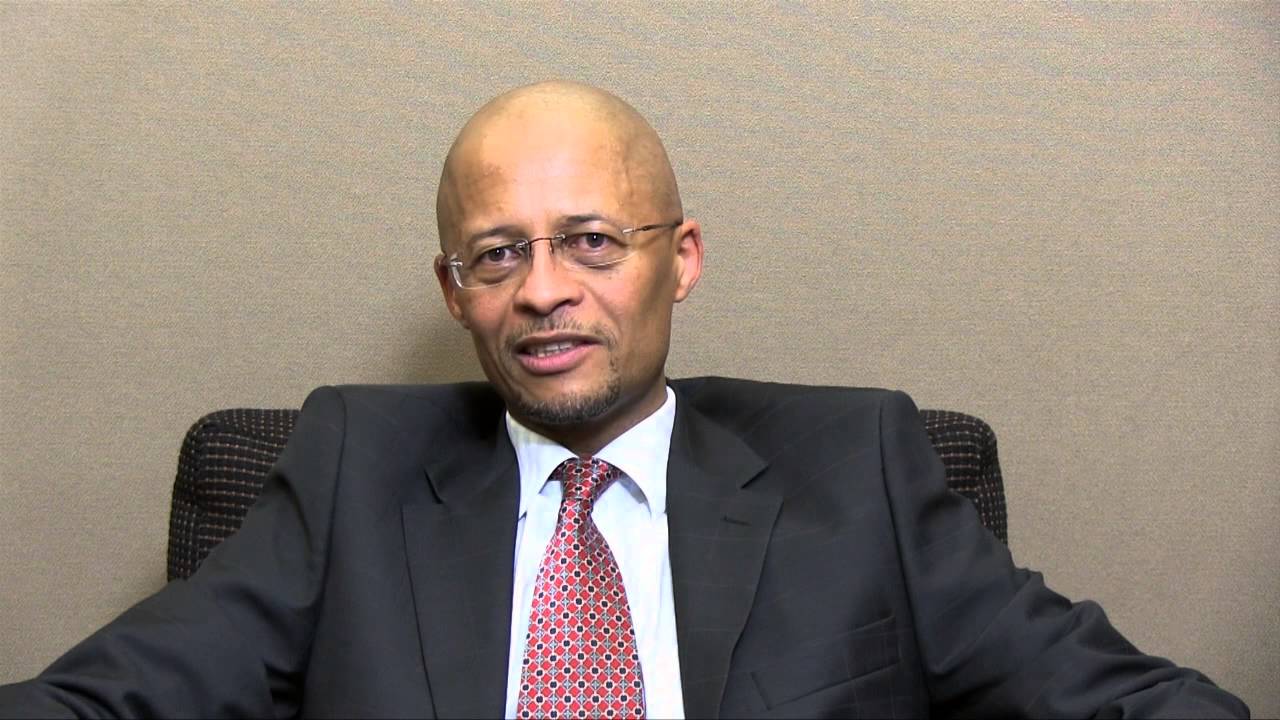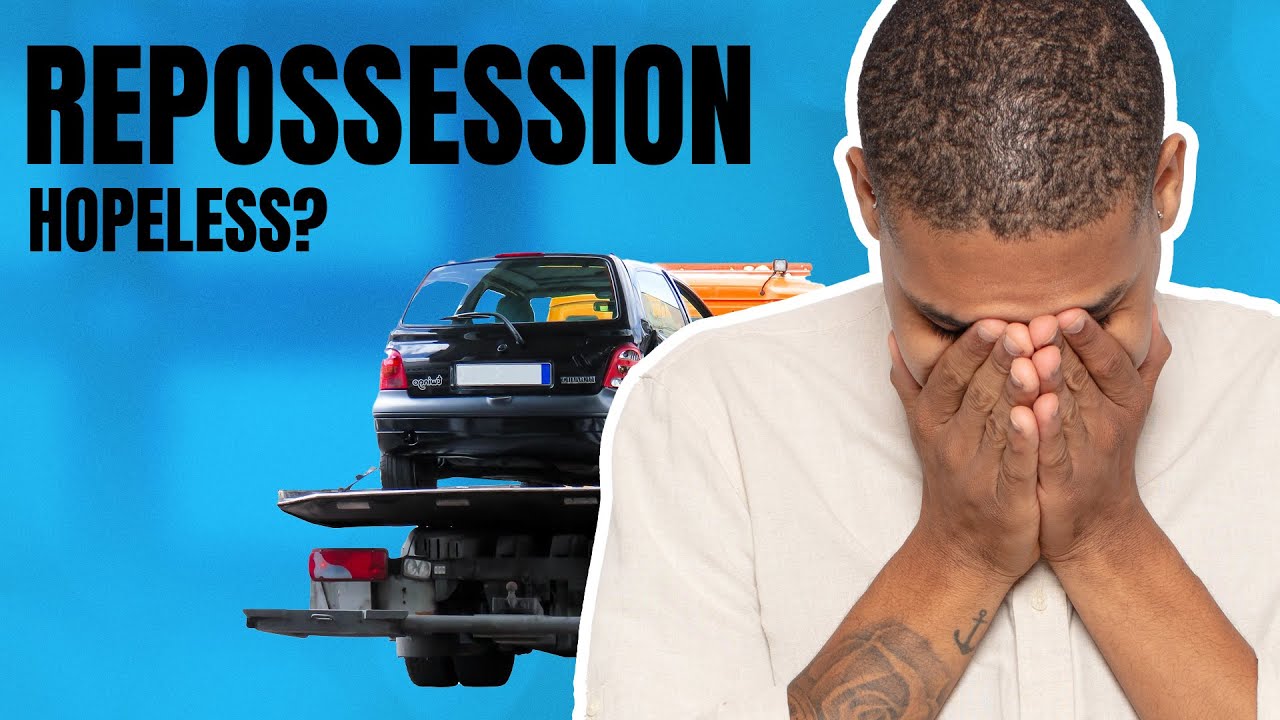Experiencing a car repossession can be a distressing and challenging event in one's life. Whether due to missed payments, defaulting on a loan, or other circumstances, having your car repossessed can leave you feeling overwhelmed and unsure of what steps to take next.
However, it's important to remember that there are actions you can take to navigate through this difficult situation and work towards resolving it. Let's explore you options if your car repossessed what to doabout it, providing you with guidance and strategies to help you regain control of your finances and move forward.
Recover From A Car Repossession In 6 Steps
Experiencing a car repossession can be a challenging and stressful situation. However, it's essential to remember that you have options for recovery. By taking proactive steps and making informed decisions, you can regain control of your finances and rebuild your credit. Here are six steps to help you recover from a car repossession.

Car repossession process
1. Assess The Situation
The first step in recovering from a car repossession is to assess your current financial situation. Start by examining your income, expenses, and outstanding debts. Take note of any other financial obligations you have, such as credit card debt or loans. This assessment will help you determine how much you can allocate towards recovering from the repossession.
Next, review the terms of your car loan agreement and the reasons behind the repossession. Understand the factors that led to the repossession, such as missed payments or defaulting on the loan. This knowledge will enable you to identify any areas where you can make improvements going forward.
2. Contact The Lender
After assessing your financial situation, reach out to the lender who repossessed your car. Communicating with them is crucial as it allows you to understand your options and potentially negotiate a solution. Start by requesting detailed information about the repossession, including the outstanding balance, repossession fees, and any other charges incurred.
Discuss the possibility of reinstating the loan by paying off the overdue amount. In some cases, lenders may be willing to work with you to develop a repayment plan or modify the terms of the loan to make it more manageable. Be honest about your current financial capabilities and demonstrate your commitment to resolving the issue.
3. Create A Budget And Cut Expenses
To recover from a car repossession successfully, it's important to create a realistic budget and make necessary adjustments to your expenses. Take the time to evaluate your spending habits and identify areas where you can cut back. This could involve reducing discretionary expenses, such as entertainment or dining out, and focusing on essential items.
Consider creating a spreadsheet or using budgeting apps to track your income and expenses. Allocate a portion of your income specifically towards repaying the outstanding balance on the car loan. By sticking to a budget and making conscious spending choices, you can free up funds to work towards resolving the repossession.
4. Explore Transportation Alternatives
While you work towards resolving the repossession, you will need alternative transportation options. Depending on your circumstances, consider utilizing public transportation, carpooling, or ridesharing services. These options can help you get to work, run errands, and maintain your daily routine without relying on a personal vehicle.
Additionally, you might explore the possibility of purchasing a used or affordable car outright, without financing. This can provide you with a reliable means of transportation while you work on improving your credit and saving for a down payment for a future vehicle.
5. Rebuild Your Credit
A car repossession can have a significant impact on your credit score. However, by taking steps to rebuild your credit, you can gradually improve your financial standing. Start by obtaining a copy of your credit report and review it for any errors or discrepancies. Dispute any inaccuracies and ensure that your credit history is reported correctly.
To rebuild your credit, focus on making timely payments for all your other financial obligations, such as credit cards and utility bills. Consider applying for a secured credit card, which requires a cash deposit as collateral. Making consistent and responsible use of the secured credit card can help demonstrate your creditworthiness over time.
6. Plan For The Future
As you recover from car repossession, it's essential to plan for the future and avoid falling into the same situation again. Review your financial habits and develop a long-term plan to manage your finances more effectively. This could involve setting up an emergency fund to cover unexpected expenses and avoid relying on credit.
Educate yourself about personal finance and seek professional advice if needed. Financial literacy can empower you to make informed decisions, negotiate better loan terms, and build a more secure financial future.
Remember, recovery from a car repossession takes time, patience, and discipline, but with the right approach, you can bounce back and regain control of your financial well-being.
Overall, recovering from a car repossession involves several important steps. Assessing your financial situation, contacting the lender, creating a budget, exploring transportation alternatives, rebuilding your credit, and planning for the future are all crucial components of the recovery process.

Life After Repossession of a Car (There is hope)
By following these steps and remaining committed to improving your financial situation, you can overcome the challenges of a car repossession and regain financial stability.
People Also Ask
How Does A Car Repossession Affect My Ability To Get Future Loans Or Credit?
A car repossession significantly impacts your ability to get future loans or credit. It lowers your credit score and raises concerns for lenders. It indicates that you were unable to fulfill previous financial obligations, making you a higher-risk borrower. Lenders may be hesitant to approve new credit applications, and if they do, the interest rates may be higher. Rebuilding your credit and demonstrating responsible financial behavior over time can improve your chances of obtaining credit in the future.
Can I Dispute A Car Repossession If I Believe It Was Unjust Or Unfair?
Yes, you can dispute a car repossession if you believe it was unjust or unfair. Provide evidence of violations of your rights or loan agreement terms when filing a dispute with the lender and credit bureaus. If your claim is valid, they may remove the repossession from your credit report.
Can I Surrender My Vehicle Voluntarily To Avoid Repossession?
Yes, voluntarily surrendering your vehicle to the lender can be an alternative to repossession. Contact the lender in advance to arrange the voluntary surrender. While it doesn't eliminate the financial impact, voluntary surrender may be viewed more favorably by lenders than repossession. You may still be responsible for any remaining balance on the loan after the sale of the vehicle.
How Can I Prevent A Car Repossession In The Future?
To prevent a car repossession in the future, manage your finances responsibly. Budget effectively and track expenses to make timely loan payments. If you anticipate difficulty making a payment, contact your lender in advance to explore solutions or payment arrangements. Build an emergency fund to cover unexpected expenses that may affect your ability to make loan payments. Stay informed about your rights as a borrower and understand the terms of your loan agreement.
How Long Does It Take To Recover From A Car Repossession?
Recovering from a car repossession takes time and varies depending on individual circumstances. It typically takes several years to fully recover from the financial impact. However, you can begin the recovery process immediately by contacting the lender, rebuilding your credit, and making responsible financial choices. Over time, as you demonstrate positive financial behavior, the negative impact on your credit score will gradually lessen. With perseverance and careful financial planning, you can work towards recovering from a car repossession and rebuilding your financial stability.
Conclusion
Experiencing a car repossession is undoubtedly a challenging and stressful event. However, by taking proactive steps and making informed decisions, you can know more about your options when your car repossessed what to do with the situation leading to rebuilding your financial stability.
Remember to stay calm, gather information, and contact your lender to understand your options. Review your finances, prioritize payments, and explore alternative transportation options. Focus on rebuilding your credit by making timely payments and planning for the future.
While the road to recovery may not be easy, it is possible to bounce back from a car repossession. By demonstrating responsibility, making necessary adjustments, and seeking professional advice if needed, you can regain control of your financial well-being.
Keep in mind that every individual's situation is unique, and the specific steps you need to take may vary. However, with determination, perseverance, and a strategic approach, you can overcome the challenges of a car repossession and build a more secure financial future.